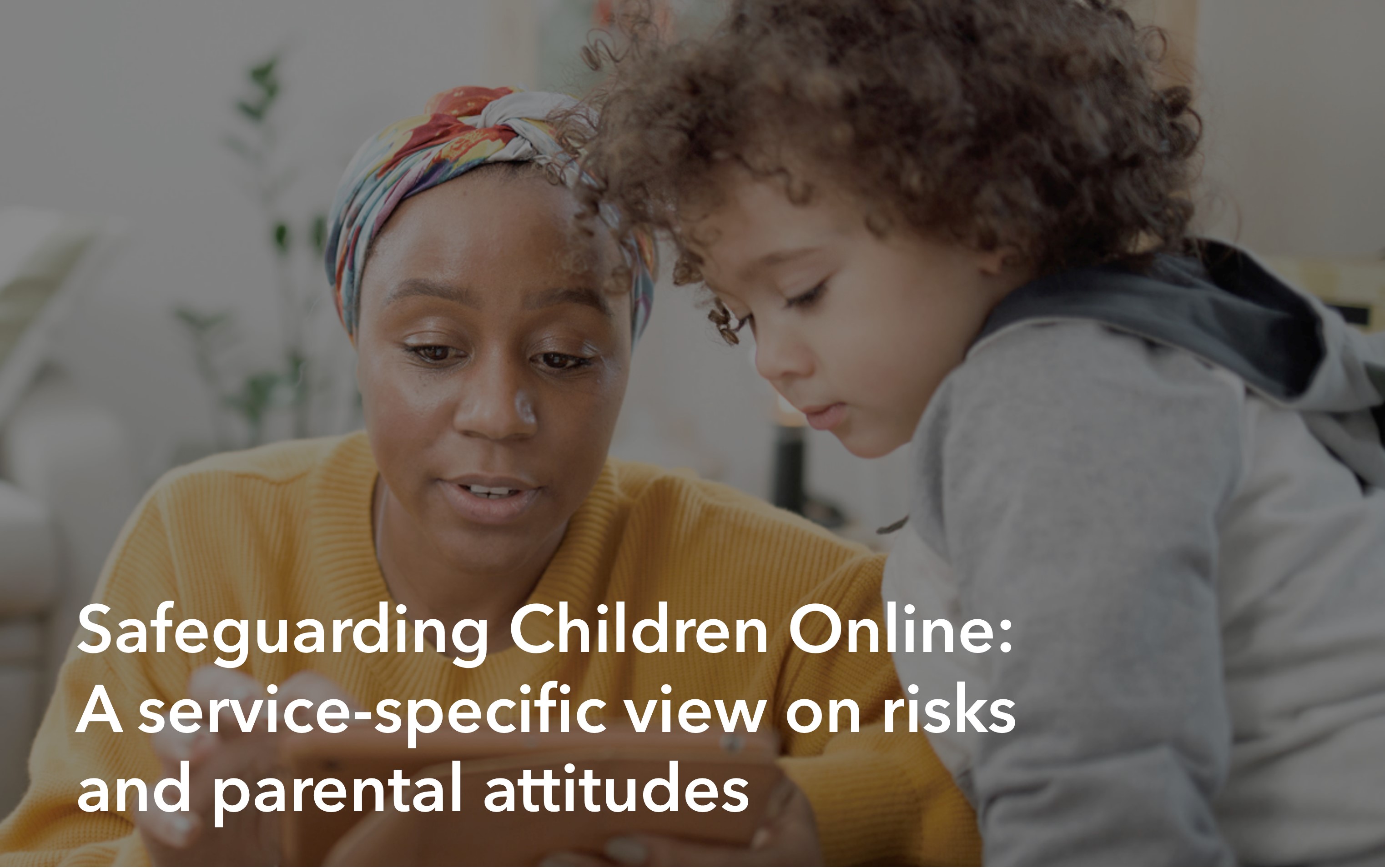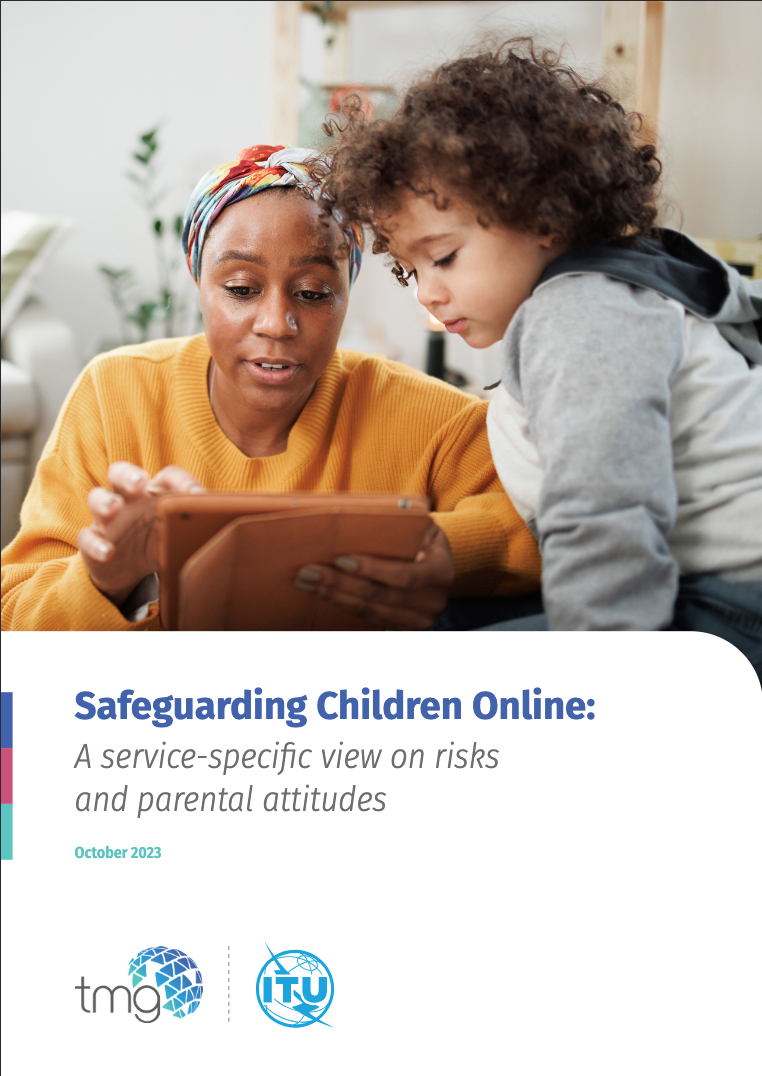
Description
The report “Safeguarding Children Online: A service-specific view on risks and parental attitudes “, commissioned by Netflix, was drafted by Telecommunications Management Group, Inc. (TMG) in collaboration with the International Telecommunication Union (ITU), as an expert agency focused on child online protection.
The purpose of this report is to enrich the ongoing conversation about safeguarding children online. Building upon ITU's Guidelines on Child Online Protection, this report underscores the collective responsibility of parents, educators, the ICT industry, and policymakers in bolstering child online protection. It acknowledges the importance of involving parents, as well as children in the development and implementation of safeguards and strategies.
Gathering evidence across five different online services - messaging applications, online games, social media, streaming services, and user-generated content platforms - the report presents insights on parents' perceptions in terms of the benefits that these services provide, perceived risks for their children's online experiences, and the adaptive strategies that parents employ in response to those risks. Additional insights into children's perceptions complement the study.
This approach aims to address specific types of online engagement and unique features of online services that are more likely to result in benefits, risks, harms, or solutions as compared to children's online screen time or internet usage more broadly.

| For a deeper understanding, please read here the full report.

| 
|
|
|
| |
|
|
EXECUTIVE SUMMARY
In the study, parents showed different levels of risk perception and concern based on the type of service, and correspondingly deployed different parenting styles to manage their children’s use of each service type.
These can be summarized as follows:
- Parents broadly have a positive view of their children’s use of technology, particularly as a means of achieving success and learning.
- Alongside the benefits, parents have concerns about children’s online engagement, particularly around content (e.g., extreme violence, pornography, misinformation, and age-inappropriateness), negative influences online, and communications with strangers. Some of these concerns also vary based on the age of the children.
- Not all risks are perceived equally. Parents are more comfortable with their children using streaming services, online games, and messaging applications than with social media and user-generated content platforms.
- Differing comfort levels may relate to specific features unique to particular services. Parents consistently highlighted concerns with user-generated uploads and user-to-user communication. Some parents are also more comfortable with services that involve payment than with free ones.
- Differentiated concerns lead parents to adopt different strategies to manage their children online, based on the service. Parents found their strategies to be largely effective and generally believe they have primary responsibility for managing their children’s online experiences. At the same time, parents did report that there are some areas they might need help with, based on the service.
- Like parents, children have concerns in particular about strangers and undesirable content. They tailor their behavior online depending on the online service.
READ IT HERE
